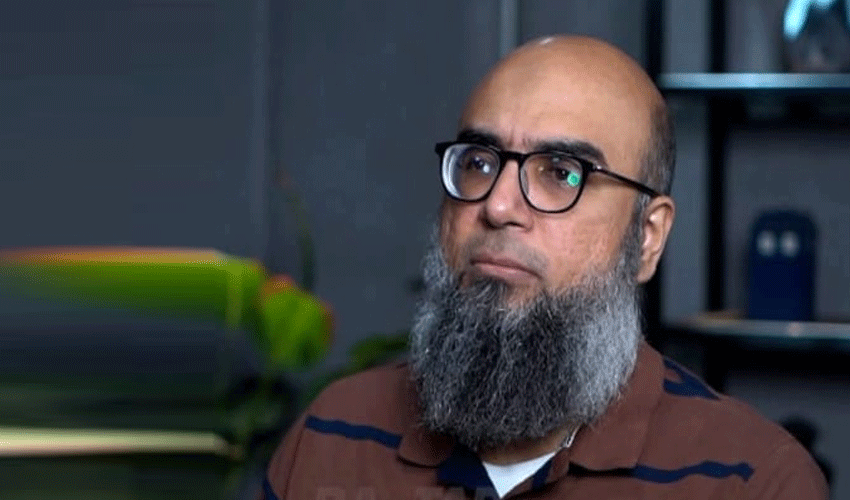The second round of negotiations between the government and Jamaat-e-Islami concluded on Wednesday with both sides agreeing to continue discussions.
The talks, held under the auspices of Jamaat-e-Islami's ongoing sit-in at Liaquat Bagh, addressed concerns related to high electricity costs and inflation.
After speaking after the talks, Jamaat-e-Islami deputy emir Liaquat Baloch confirmed that the government committee had reviewed their demands and agreed to continue negotiations.
"We have been protesting for six days now.The four government committee members have examined our demands and agreed to discuss them further," Baloch stated.
Baloch highlighted the financial strain on the public due to soaring electricity bills and called for the abolition of taxes and a reduction in petroleum prices. He criticized the government’s handling of administrative expenses and called for the cessation of free food provisions at the government level.
Baloch warned that Jamaat-e-Islami might withdraw from negotiations if the government’s indifference continues. "We have made it clear that the sit-in will continue if we perceive a lack of seriousness from the government. If the committee fails to show commitment, we may withdraw from talks," Baloch said.
On the government side, Amir Muqam, a member of the negotiation committee, expressed hope for a positive outcome. "We are optimistic that these negotiations will lead to satisfactory results, and we plan to reconvene in a day or two," Muqam said.
Tariq Fazal Chaudhry, another member of the government delegation, mentioned that relief measures for the public could be implemented. He emphasized that no minister is currently using free electricity, suggesting a move towards greater transparency and fairness.
The government’s negotiation team included Special Secretary of the Power Division Rashid Majeed and Member of the Federal Board of Revenue (FBR) Mir Badshah, while Attaullah Tarar remained in contact by phone.
Jamaat-e-Islami’s delegation, led by Liaquat Baloch, presented a 10-point charter of demands during the negotiations. The ongoing sit-in, which has persisted for six days.



























